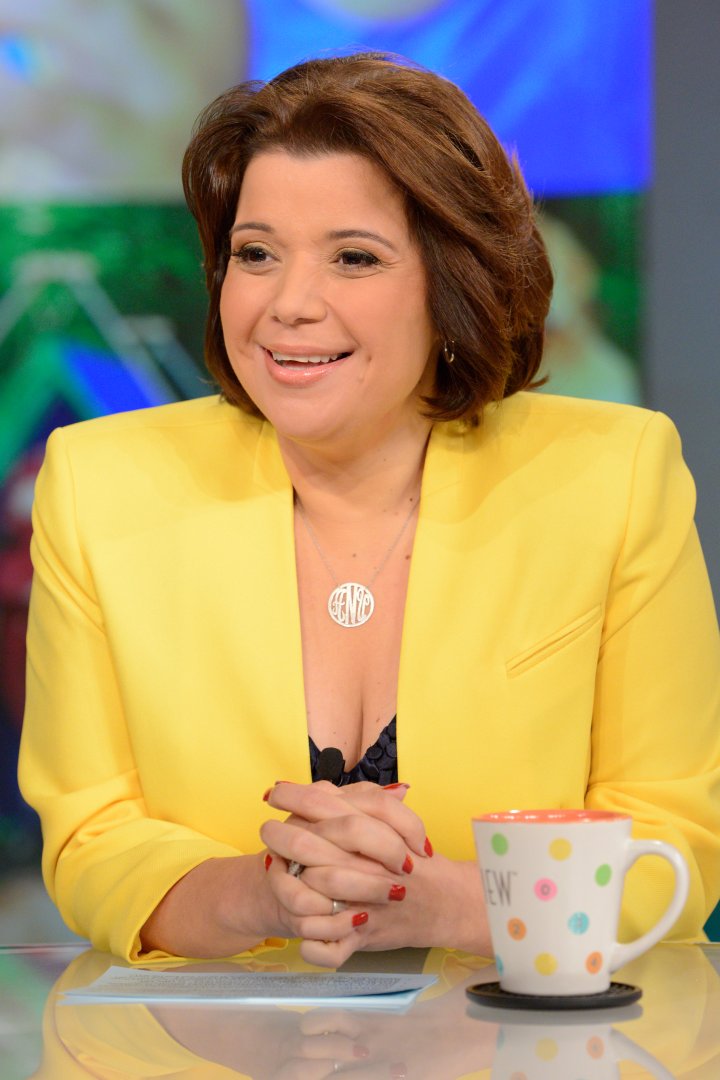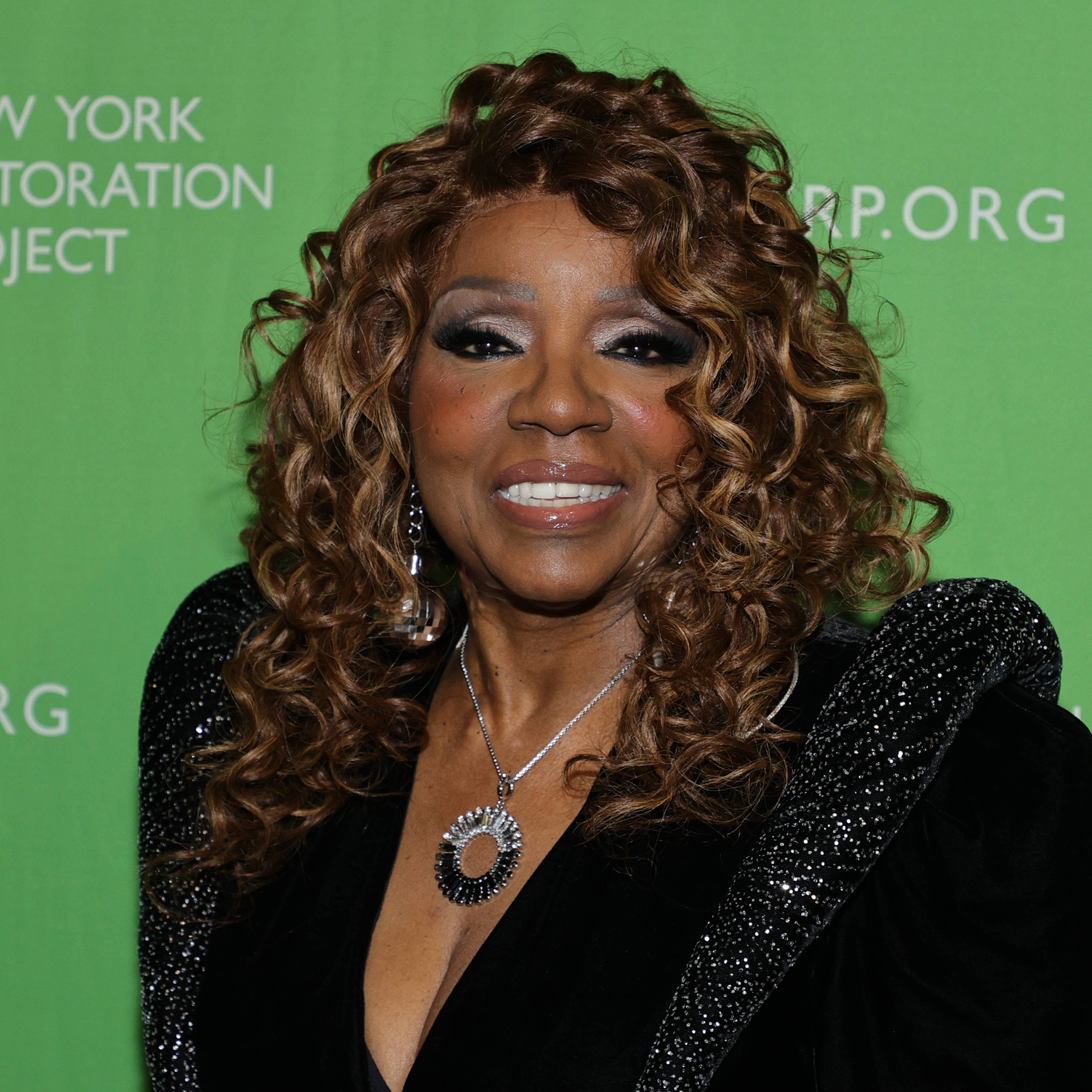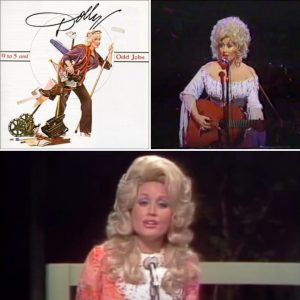In an era where the intersection of art and politics has become a flashpoint for national debate, a recent plea from a prominent television personality to a beloved music legend has captured the public’s attention, sparking a conversation that resonates far beyond the confines of Washington D.C.’s prestigious Kennedy Center. Ana Navarro, the outspoken co-host of ABC’s “The View,” issued a direct and emotional appeal to a global icon, Gloria Gaynor, urging her to reject one of the highest honors in American arts and culture because of the man who would be presenting it: President Donald Trump.
The saga began with the official announcement of the 48th class of Kennedy Center Honorees, a list of luminaries from music, film, and theater set to be celebrated for their lifetime contributions to American culture. Alongside country superstar George Strait, Hollywood action hero Sylvester Stallone, the rock band KISS, and English actor Michael Crawford was the undisputed Queen of Disco, Gloria Gaynor. For Gaynor, an artist whose anthem “I Will Survive” has been a global symbol of resilience and empowerment for decades, the honor was a crowning achievement. In a statement, she expressed profound gratitude, stating she was “beyond blessed and honored” and hoped to “continue with the inspirational phenomenon that began with ‘I Will Survive.’”

However, what should have been an unequivocally celebratory moment was quickly cast in a different light by Navarro. In a widely circulated post on her Instagram account, the political commentator, known for her staunch criticism of the Trump administration, laid out her case against Gaynor’s acceptance. Recalling a personal anecdote of meeting Gaynor and receiving a keychain that played “I Will Survive”—a keychain she admitted she used until its batteries died during Trump’s first term—Navarro framed her plea in deeply personal and political terms.
“Look, the woman is a goddess and deserves all the flowers that come her way,” Navarro wrote, acknowledging Gaynor’s immense talent and legacy. “But I wish she wouldn’t accept an award from the hands of a man who has attacked the rights and history of women, people of color and LGBTQ.” She specifically highlighted the deep connection between Gaynor’s music and the gay community, which transformed “I Will Survive” into an enduring anthem of strength and defiance in the face of adversity. “Trump is a stain on the prestige and significance of the KCH,” Navarro concluded with a stark, four-word appeal: “Don’t do it, Gloria!”
Navarro’s public entreaty immediately transformed the cultural celebration into a political battleground. Her words tapped into a deep well of sentiment among those who view President Trump’s rhetoric and policies as fundamentally at odds with the values of inclusivity and artistic freedom. For them, an artist of Gaynor’s stature accepting an award from Trump would be seen not just as a personal choice, but as a tacit endorsement of his administration, a betrayal of the very communities that have championed her for decades. The plea was more than a suggestion; it was a moral challenge, forcing a conversation about the responsibilities of artists in a polarized society. Can art remain separate from the politics of the person honoring it? Or does accepting such an honor inevitably lend legitimacy to their platform?
The context for this confrontation is crucial. Earlier in the year, President Trump initiated a significant overhaul of the Kennedy Center’s leadership. In a move that drew considerable criticism, he dismissed several board members appointed by the previous administration and installed figures seen as more aligned with his own political vision. He then took the unprecedented step of naming himself the chairman of the board, vowing to make the performing arts center “great again” and end programming he deemed inappropriate, such as drag shows aimed at younger audiences. This direct intervention has led many in the arts community to fear that the Kennedy Center, long seen as a bastion of non-partisan cultural celebration, is being co-opted for political purposes. Navarro’s plea, therefore, was not just about a single award, but about the perceived integrity of the institution itself.
Gloria Gaynor, for her part, has remained focused on the positive aspect of the honor. Her initial statement made no mention of the political controversy, instead emphasizing her life’s purpose of sharing “encouragement, hope, empowerment, inspiration, understanding, and unity” through her music. Her team has not publicly responded to Navarro’s comments, choosing a path of dignified silence that leaves her position open to interpretation. Is her acceptance a political statement, a professional one, or simply the gracious reception of a well-deserved accolade? Her supporters would argue that her entire career has been about rising above division and that she should not be denied this honor because of the political climate. They might contend that the Kennedy Center Honor transcends any single president and that boycotting it would diminish the institution rather than the individual presenting the award.
The other honorees have also largely remained silent on the matter, each navigating the situation in their own way. Sylvester Stallone has been a known supporter of President Trump, making his acceptance a less surprising, though still notable, event. The members of KISS and George Strait have not waded into the public debate, allowing the focus to remain on their artistic achievements.
The controversy surrounding Ana Navarro’s plea to Gloria Gaynor encapsulates a broader cultural struggle in contemporary America. It raises difficult questions about the role of artists, the politicization of cultural institutions, and the complex relationship between personal conviction and public recognition. As the date of the December ceremony approaches, the spotlight will undoubtedly remain on Gloria Gaynor. Her decision, whatever it may be, and her presence—or absence—at the ceremony will be seen as a powerful statement. For now, the public is left to ponder the difficult position she is in, caught between a career-defining honor and a politically charged plea from a prominent voice of opposition, all while the timeless chorus of her most famous song echoes with a new layer of meaning in a deeply divided nation.
This video from Sky News host Rita Panahi discusses The View co-host Ana Navarro urging Gloria Gaynor to decline her Kennedy Center honor.






